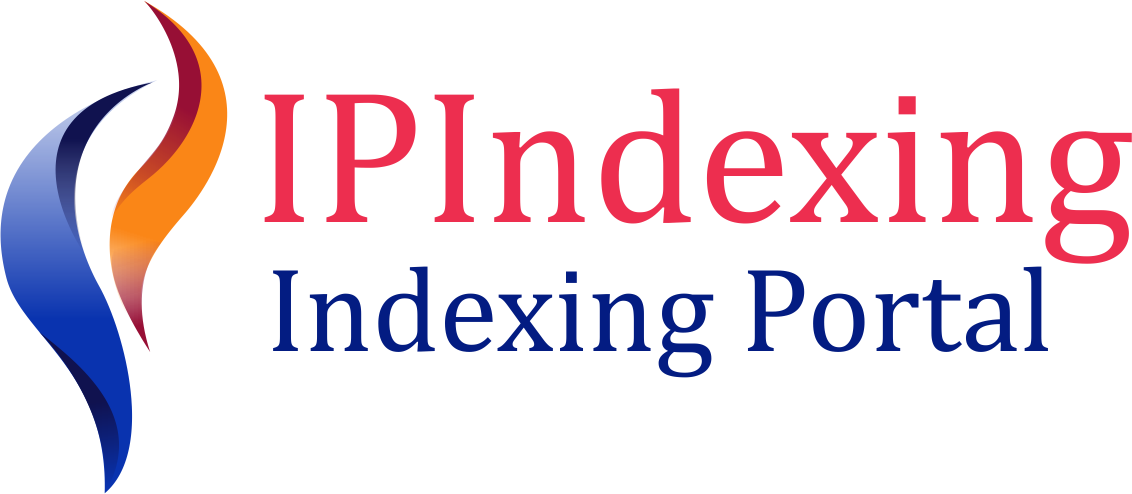PERVAPORATION OF ETHANOL/WATER MIXTURE USING POLYMERIC MEMBRANE
DOI:
https://doi.org/10.71330/thenucleus.2009.965Abstract
Pervaportion is the selective evaporation and separation of one component of liquid stream by membrane, which is in direct contact with liquid mixture. This makes pervaporation more energy efficient process. For this study pervaporation apparatus was designed and developed in line with criteria presented in the literature on the subject. Polymeric membrane obtained from Shangai Megavision, China was used in the membrane cell. The membrane unit can also be used for reverse osmosis, gas separation, ultra and nano filteration by simply replacing membrane with other membrane compatible for the selected process. Experiments were performed to separate water from amixture of water/ ethanol. Change in concentration of retentate (feed stream going back to feed tank from membrane cell) with time at different temperatures 60o C, 70o C and 80o C was observed. Moreover, effect of temperature on flux was also studied.References
Wikipedi search for dehydration
(www.ucc.ie/ ucc/depts/chem).
J. Neel, in: R.Y.M. Huang (Ed.), Introduction
to Pervaporation, Pervaporation Membrane
Separation Processes, Elsevier, Amsterdam
(1991).
X. Feng and R.Y.M. Huang, Ind. Eng. Chem.
Res. 36 (1997) 1048.
M. Kondo, M. Komori, H. Kita and K.
Okamoto, J. Membr. Sci. 133 (1997) 133.
S.M. Holmes, M. Schmitt, C. Markt, R.J.
Plaisted, J.O. Forrest, P.N. Sharratt,A.A.
Garforth, C.S. Cundy and J. Dwyer, Chem.
Eng. Res. Des. 78 (2000) 1084.
A.W.C. van den Berg, L. Gora, J.C. Jansen,
M. Makkee and T.H. Maschmeyer, J. Membr.
Sci. 224 , No. 12 (2003) 29.
J. Neel, Chem. Macromol. Symp. 70 (1993)
C. Vallieres and E. Favre, J. Membr. Sci.
, No. 1–2 (2004) 17.
G.H. Koops and C.A. Smolders in M.R.Y.
Huang (Ed.) Pervaporation Membrane
Separation Processes, Elsevier Science,
Amsterdam (1991).
J.J. Jafer and P.M. Budd, Micropor. Mater.
(1997) 305.
R.Y.M. Huang, R. Pal and G.Y. Moon,
J. Membr. Sci. 160 (1999) 101.
T.C. Bowen, R.D. Noble and J.L. Falconer,
J. Membr. Sci. 245 (2004) 1.
F. Lipnizki, R.W. Field and P.K. Ten,
J. Membr. Sci. 153 (1999) 183.
V.M. Shah and C.R. Bartel, Engineering
consideration in pervaporation applications,
in: R. Bakish (Ed.), Proceedings of the Fifth
International Conference on Pervaporation
Processes in the Chemical Industry, Bakish
Material Corporation, Englewood, NJ, USA,
L. Fleming, Sep. Sci. Technol. 36 (1988)
E. Goldbaltt and C.H. Gooding, AIChE Symp.
Ser. 82 (1986) 51.
N. Nureshi and H.P. Blaschek, Biomass
Bioenergy 17 (1999) 175.
L.M. Vane, J. Chem. Technol. Biotechnol. 80
(2005) 603.
M.R. Shah, R.D. Noble and D.E. Clough,
J. Membr. Sci. 241, No. 2 (2004) 197.
D.J. Benedict, S.J. Parulekar and S.P. Tsai,
J. Membr. Sci. 281, No. 1–2 (2006) 435.
B. Smitha, D. Suhanya, S. Sridhar and
M. Ramakrishna, J. Membr. Sci. 241 (2004)
Pervaporation:n overviewâ€, Mahesh Kumar
S. Guest Author S_mib19@yahoo.com
H.K. Lonsdale, J. Membr. Sci.10 (1982) 81.
R.C. Binning, R.J. Lee, J.F. Jenning and
E.C. Martin, Ind. Eng. Chem. 53, No. 45
(1961) 6.
J. Crank and G.S. Park, Diffusion in
Polymers, Academic Press, New York
(1968).
Downloads
Published
How to Cite
Issue
Section
License
For all articles published in The Nucleus, copyright is retained by the authors. Articles are licensed under an open access licence [CC Attribution 4.0] meaning that anyone may download and read the paper for free. In addition, the article may be reused and quoted provided that the original published version is cited properly.



